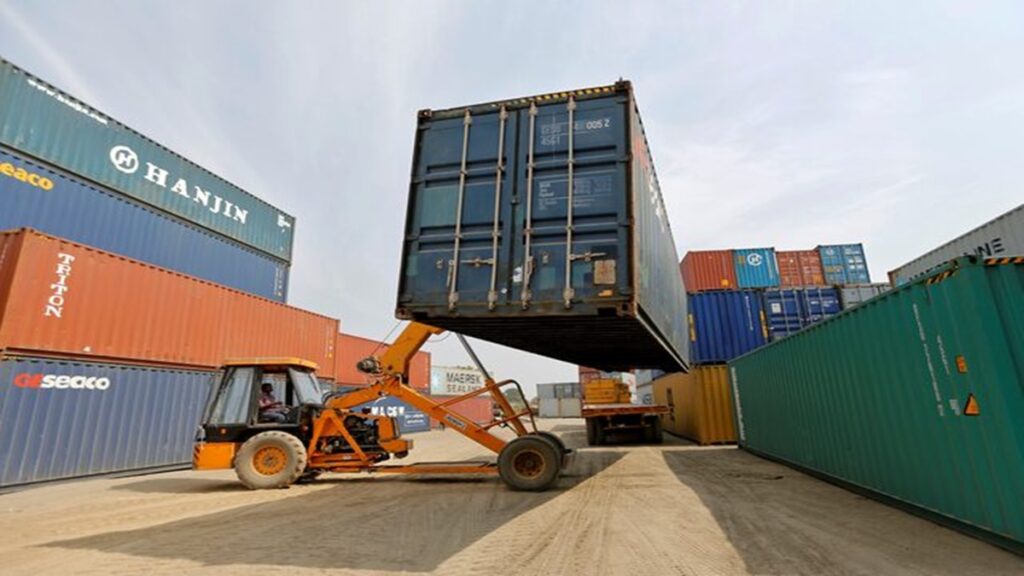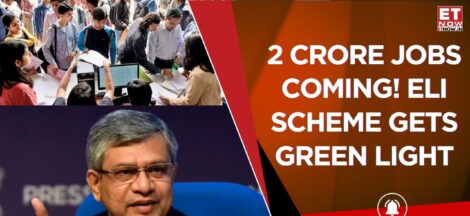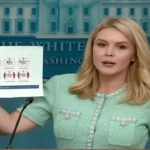NEW DELHI: The uncertainty caused by the global tariff war and the threat of reciprocal levies by the US has slowed India’s export pace further. With importers being cautious about placing new orders in the volatile situation, the country’s onward shipments in February and March might see contraction on an annual basis, trade circles said.
“As it is unclear how the reciprocal tariffs, set to take effect from April 1, will look like, there has been a bit of hold back on orders. There is a possibility that it might reflect in the figures of February or March,” an official said, requesting anonymity.
However, indications are that exports may still be holding up in sectors, barring petroleum and gems and jewellery.
Overall goods exports contracted 2.38% on year to $36.43 billion in January, a third straight month of contraction. Out of the 10 months of this financial year, in five months exports have fallen year-on-year. While some sectors like engineering have seen some hold back of orders, other traditional sectors like textile and garments have reported no impact as their peak season for the US has ended around December.
The meeting the ministry of commerce is holding with exporters on Thursday will take up the review of export performance in the last few months and exporters are also expected to seek clarity on the US tariff action and details in the proposed Bilateral Trade Agreement (BTA) that both countries are negotiating.
The official said amidst trade uncertainty the government may look at incentives for exporters through the Export Promotion Mission (EPM) and a decision on it may be taken within a month.
“We will have to keep a lot of flexibility in the scheme to suit it to evolving conditions. So, that is what we are trying to do. Once we are ready with some draft, then we will have to share it.”
The bulk of allocation of Rs 2250 crore for the EPM will be used for designing schemes for addressing export credit requirements of Micro Small and Medium Enterprises (MSMEs) and promoting use of alternate financing instruments like factoring.
For export financing the government is looking at addressing the problem of high collateral many of the exporters face. The government is working on a mechanism to increase export credit without giving collateral or with reduced collateral.
Prime minister Narendra Modi recently hinted at a new set of policies aimed at promoting value-added exports from India, and reducing the reliance on imported goods. Emphasising the need for Indian industry to move up the value chain, he said the country should be exporting more finished products, rather than raw materials. “India’s development is not possible only by exporting raw materials. Therefore, we are changing the entire ecosystem and working with a new vision,” he had said.
Source: The Financial Express




 India Imposes 150 Per Cent Tariff On American Alcohol, 100 Per Cent Tariff On Agriculture Goods: White House
India Imposes 150 Per Cent Tariff On American Alcohol, 100 Per Cent Tariff On Agriculture Goods: White House 